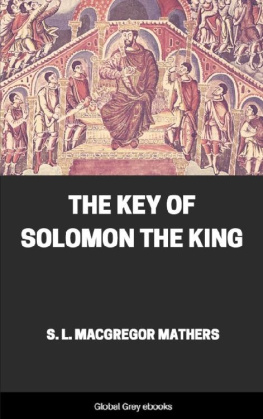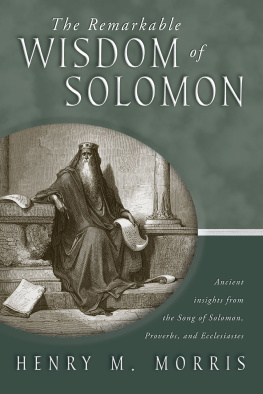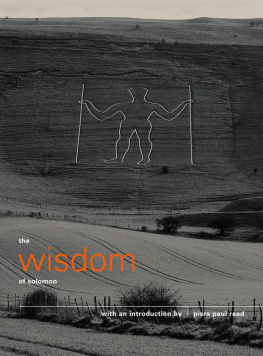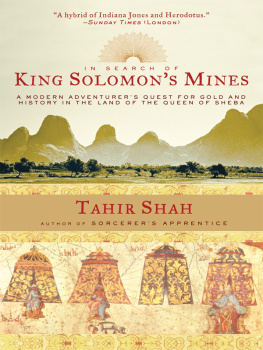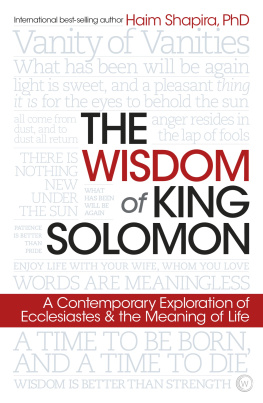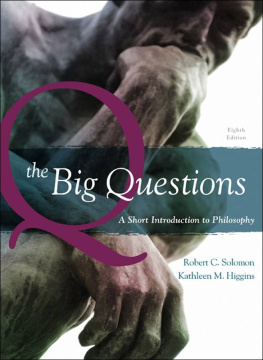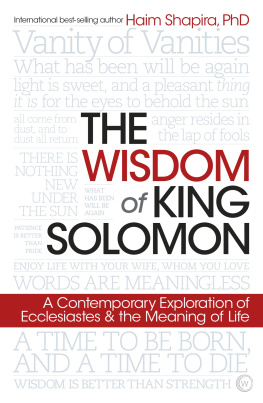

Copyright 2012 by Rudy U. Martinka
All rights reserved. This book may not be reproduced in any form, in whole or in part (beyond that copying permitted by USl Copyright Law, Section 107, fair use in teaching or research, Section 108, certain library copying, or in published media by reviewers in limited excerpts), without written permission from the publisher.
Library of Congress Cataloging to Publication Date.
| Registration Number | TXu001833078 |
ISBN: 9781483504711
Publisher Name: Book Baby
Original Publication Date: 07/29/2013
This Book Dedicated to My Beloved Wife
Diane
Special Thanks
Sister Antonetta Martinka and Sister Sylvester Cummings
Order of the Sinsinawa Dominicans
Sister Antonetta is my sister who patiently read and provided many helpful comments during the writing of this book.
Apples of gold set in a silver design, a phrase that is well tuned. A ring of gold and a trinket of fine gold, one who gives wise reproof to a receptive ear. (Proverb 25:10, 11)
Sister Sylvester was my grammar schoolteacher who first introduced me to the story of Solomon, watched over and guided me for three years for which I will always remember and be grateful for her special kindness and influence.
If at first you do not succeed, try, try, and try again.
Preface
Three thousand years have passed since King Solomon (988 -928 BC) and his writings originated. As his story unfolded during the writing of this book, I came to concurrence with Solomons Ecclesiastes statements along with the realization that many ancient wisdom sayings remain relevant and applicable in todays modern world. Nothing is new under the sun. (Ecclesiastes 1:9) For what will the man do who is to come after the King? What men have already done. (Ecclesiastes 2:12)
King Solomon historically, is renowned for his wisdom, wealth, wives, and storytelling. Peace and prosperity prevailed in Israel during the forty years of Solomons reign and leadership. Modern philosophers identify Solomon as one of the earliest philosophers. Biblical writings attribute Solomon with the Proverbs of Wisdom, The Song of Songs, and Ecclesiastes. Many Arabic writings record beliefs and legends about the Queen of Sheba.
Bilqis, the Queen of Sheba, was the first royalty to visit Solomon. The Bible states the reasons for her visit were to learn about his wisdom, challenge Solomon with hard questions and riddles, test him, and promote trade. However, little is specifically stated of what was actually discussed during her visit, or the connotation of the statement in the Bible, and Solomon did everything that she asked.
This is a biblical fiction story written in first person of Solomon of the conversations and relationship that I have imagined took place during the visit. I surmised what Solomon may have taught and discussed with Bilqis based on the writings and interpretations attributed to Solomon and legends about the Queen of Sheba along with other sources of ancient riddles and wise sayings. I highlighted sources directly after many of their conversations in bold print for readers to associate with the explanations and interpretations stated in the story.
The main theme of the story is to promote self-improvement with a thought provocative allegory comparison of ancient to modern times to make a point that nothing is new under the sun. We face many of the same basic social and physical challenges in life today as our ancestors. The secondary theme is to re-tell and embellish the story of Solomon and Bilqis in an enjoyable and meaningful manner to emphasize how wisdom helps guide us from making foolish decisions that may aversively affect our lives and welfare.
While researching proverbs and wise saying interpretations, I discovered there are vast differences in wording and meanings of the Proverbs of Solomon from various sources. Added to my realization, was the knowledge that my personal interpretation could vary depending on the source and wording of the saying.
I finally decided to use all proverb wording exclusively from one book for purpose of standardization and references. Proverbs, a New Approach, by Dr. William McKane. This resource book contains an extensive exploration of proverbs and wise sayings with various explanations. I strongly recommend this book to anyone who may want to study more in depth the meanings and origins of ancient wisdom sayings.
When writing this story, I also had to select a proverb and edit the interpretations to shorten for purposes of this story. I did not intend my selections of interpretations to be either the better or the best explanations of any wise saying. All my selections of wise sayings in this collection are to goad the reader into awareness of how ancient wisdom sayings have remained fixed topics throughout the ages. The sayings of the wise are like goads; like fixed pegs are the topics given by one collection. (Ecclesiastes Epilogue 9:11)
Philosophies of religion, justice, and human rights have evolved since ancient times. While some bible proverbs pertain to religious moral connotations, many ancient proverbs and wise sayings give practical advice to help readers elevate and improve their circumstances and well-being. Many whom read proverbs and ancient wise sayings do so to gain wisdom and instruction to succeed in life, sometimes called the granddaddy of self-improvement book ever written. Biblical scholars have said other books of the Bible tell us what to do; Proverbs along with many wise sayings tell us how!
Chapter 1
This night, as I sit on my throne underneath the stars in the magnificent heavens, I will imagine she is again sitting next to me. I have been fortunate to enjoy a rare occurrence in life meeting and bonding with a woman of manifest eminence. To reminisce once more about Bilqis, the Queen of Sheba is to pleasure her essence and savor again all that happened between us.
I will never forget the day she arrived in Jerusalem, the most lavish and spectacular event ever seen in our land. Thousands of people lined up for miles along the road to view the spectacle that began with the one hundred horse drawn chariots I had sent to escort the caravan when it crossed the river into Israel.
The Queen sat upright in her gold-adorned cushioned palanquin with four high corner posts. Bright colored banners hung from the post tops that also supported a white silk roof sun shield. Open privacy draperies hung along the sides. Forty muscular ebony skinned servants effortlessly carried the two long palanquin support posts upon their shoulders. Four scantly clothed dark-skinned beautiful young women walked along side carrying huge colorful peacock cooling fans, which they moved about the Queen in unison with elaborate motions.
A tall strapping servant led a large albino camel and followed behind the palanquin bearing a throne chair. Embedded with sparkling precious stones and gold threaded decorations, the purple high-back chair had an elaborate carved goat head, arm supports decorated as paws, and large hooves footrests.
Surrounding the palanquin, thirty lovely maidens dressed in bright colorful silken robes danced in unison. Twelve pipe and horn blowers and twenty-four drummers sounded out a beat pace for a multitude of guards with decorated shields and long spears. Six tall muscular guards on each side of the palanquin carried large gold decorated shields with their spears pointed toward each other to allow spectators to see and prevent anyone from approaching the Queen. In front and behind the guards, servants carried four large burning pots of frankincense and myrrh supported by posts.
Next page

